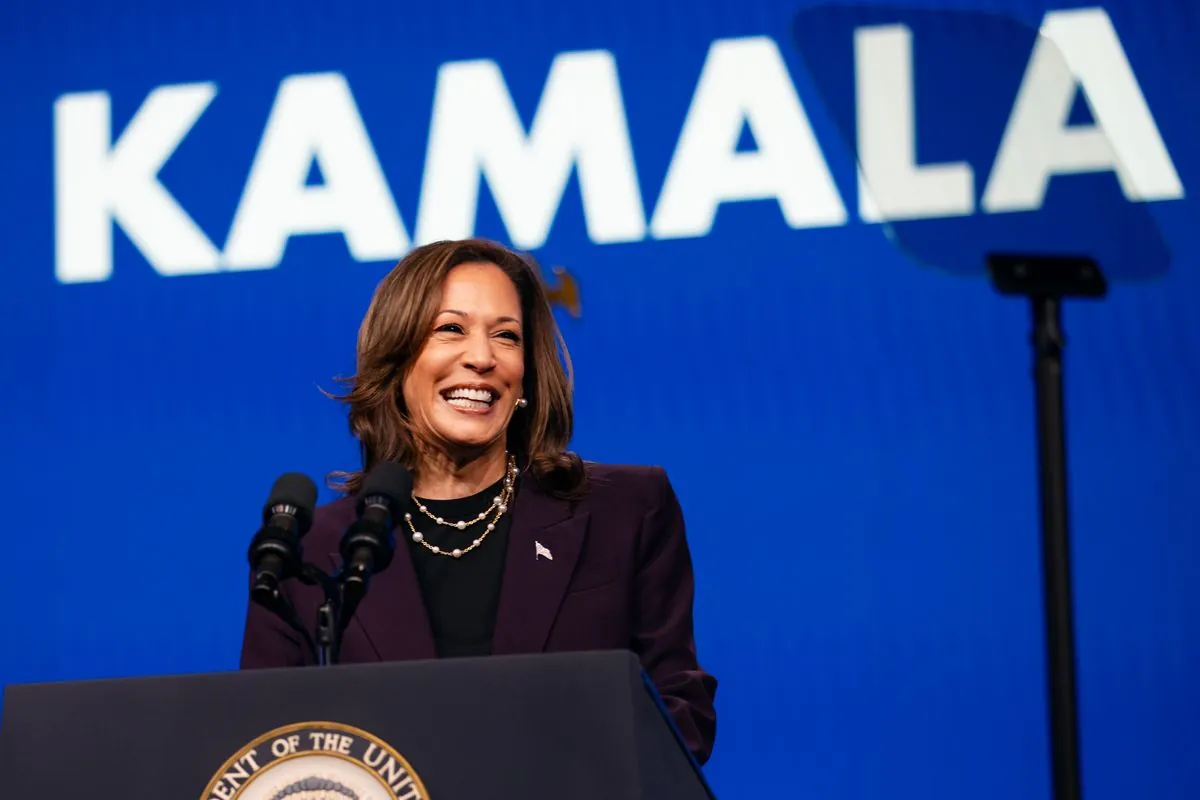In a significant political shift, Kamala Harris has emerged as the presumptive Democratic nominee for the upcoming presidential election. This development comes as Joe Biden enters his final months as a lame-duck president. Despite this change, Donald Trump remains a formidable contender for the White House.
The potential return of Trump has reignited discussions about U.S. foreign policy priorities. Elbridge Colby, a former Pentagon official, advocates for a greater focus on Asia over Europe. This perspective has gained traction among Republican politicians, including vice presidential nominee J.D. Vance.
Colby argues for a pragmatic approach to foreign policy, emphasizing America's practical interests. He contends that Asia, with its large population and economic growth, is the most crucial region for U.S. national security. This stance raises questions about the future of transatlantic relations and NATO's role.
"Alliances absolutely do matter. My view is alliances are so important that we actually expect people to do their part."
The debate extends to the balance between supporting Ukraine and deterring China. Colby suggests that European allies should take more responsibility for their defense, allowing the U.S. to focus on the Asia-Pacific region. This approach, he argues, would ultimately strengthen NATO by ensuring its sustainability.
Critics worry that reducing support for Ukraine could embolden China regarding Taiwan. However, Colby contends that Beijing is more likely influenced by the military balance in Asia and U.S. resolve in potential conflicts there.
A recent bipartisan review of U.S. defense strategy highlights concerns about military readiness and the defense industrial base. Colby argues that these findings underscore the need for a more focused approach, rather than attempting to maintain a global military presence.
The discussion also touches on the role of human rights and soft power in foreign policy. Colby advocates for a realistic approach, prioritizing peace and stability over moral posturing. He argues that this pragmatism ultimately serves democratic values better than an idealistic foreign policy.
Regarding Trump's foreign policy doctrine, Colby sees a common-sense approach focused on practical interests. While some critics view this as overly transactional, Colby argues that it introduces necessary balance to international relations.
As the political landscape evolves, the debate over U.S. foreign policy priorities continues. The potential return of Trump, coupled with Harris's ascendance, signals a period of significant change in America's approach to global affairs.
